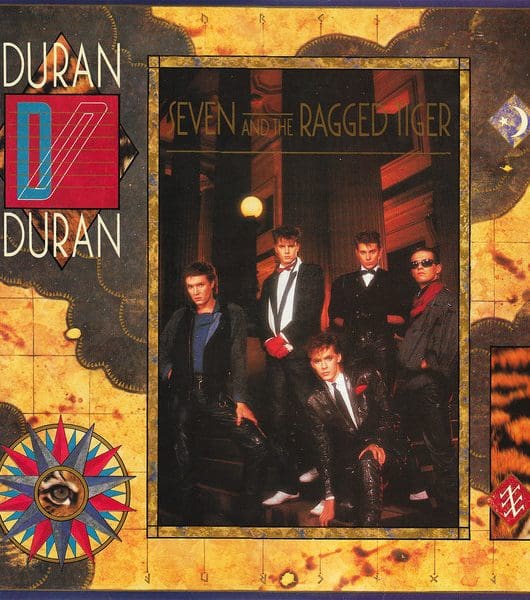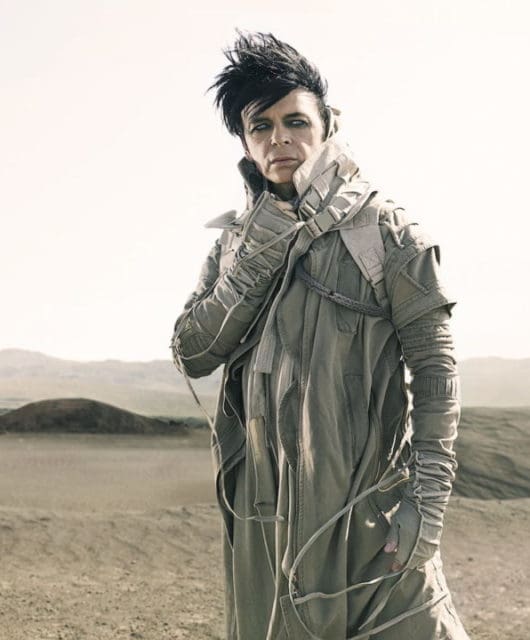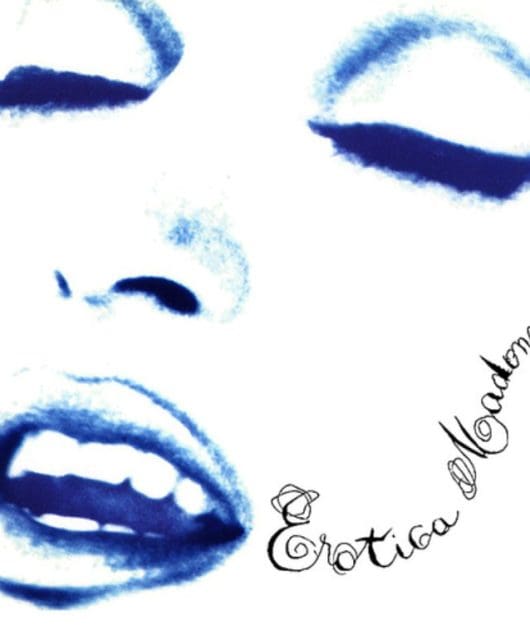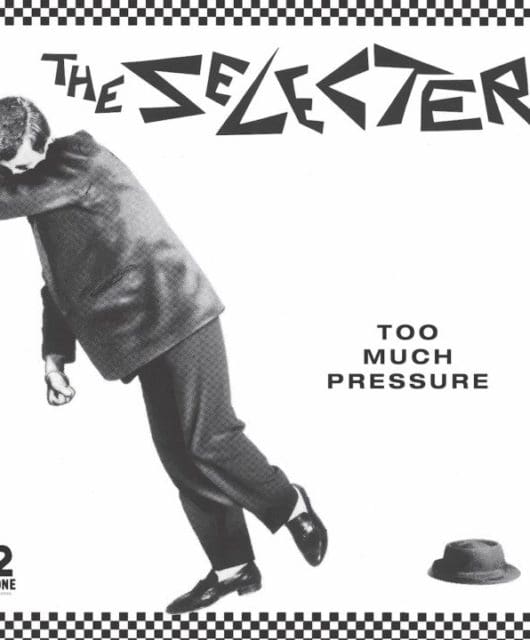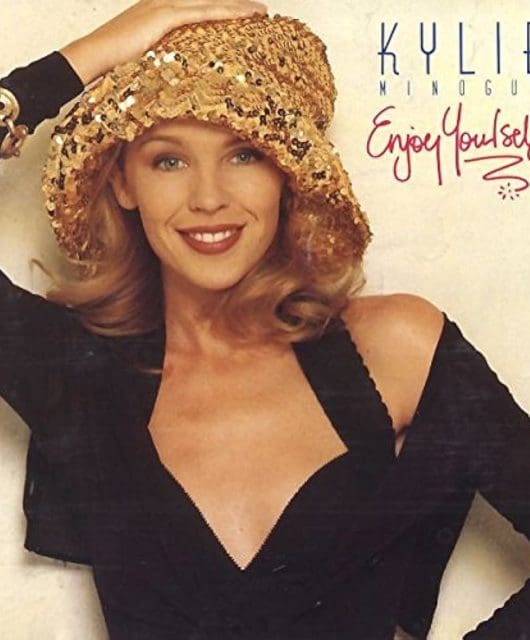Paul Heaton interview: Our friend in the north
By Steve O'Brien | October 27, 2022
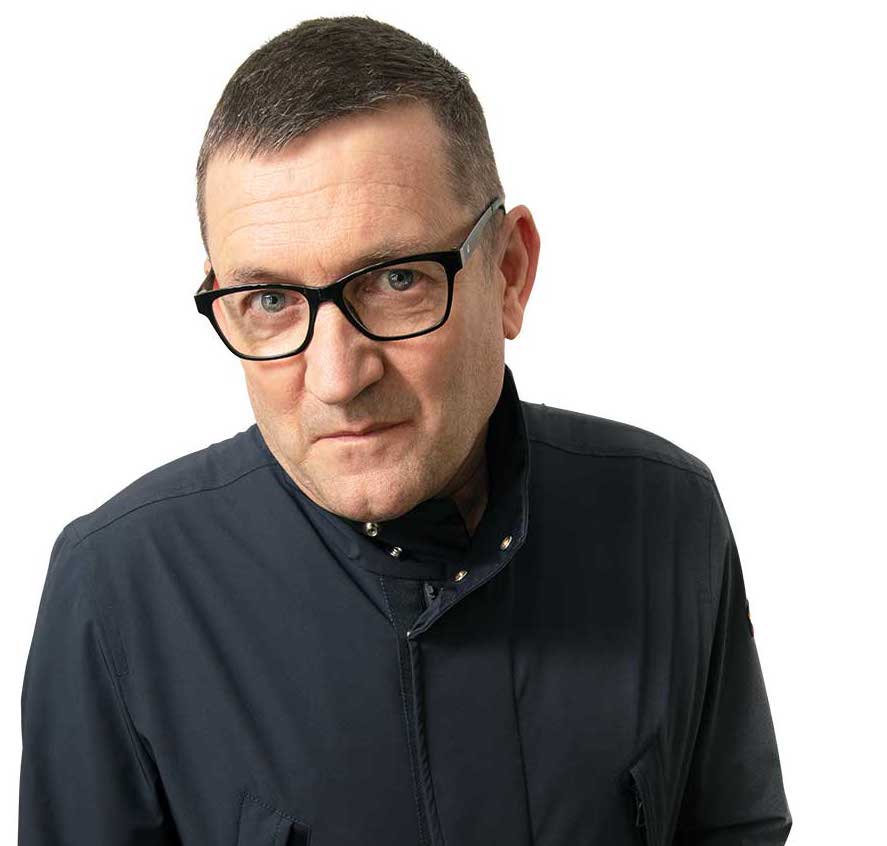
In 2022, Paul Heaton celebrated his 60th birthday in unique fashion by putting £60,000 behind the bar in pubs across the country. Now back with his latest album alongside Jacqui Abbott, N.K-Pop, he’s the gift that keeps on giving…
On 9 May 2022, Paul Heaton hit 60. As significant birthdays go, it’s one where you can either stick your head in the sand or embrace it like you’re greeting a long-lost twin.
For the one-time Housemartin and former Beautiful Souther, milestones like this are something to be bear hugged.
For his half-century in 2012, Heaton set out on a bicycle tour, peddling 2,500 miles – that’s 50 miles for each year he’d been on planet Earth – to perform at 33 different pubs.
This year, he’d planned to do the same, gigging at 60 pubs (drinking holes feature a lot in Paul Heaton’s life) across the UK and Eire.
However, the pandemic put paid to those plans, pushing back the recording of his and Jacqui Abbott’s new studio album – of which more later.
Undeterred, Heaton turned to Twitter to announce he’d “decided that the next best way to celebrate this coming of age is to handpick 60 pubs across the UK and Ireland and put a given amount of money behind the bar of each one.”
£60,000 across 60 pubs, a grand apiece. It was a typically magnanimous move from one of pop’s premier good guys.

“I meant it as a gesture of support,” Paul tells Classic Pop, “and a little thanks to people. I wanted to celebrate my birthday by sharing a bit of what I’ve received from them over the years.”
Heaton didn’t actually go to any of those pubs on the day itself, instead enjoying a quiet lunch out with his wife. Come Saturday, however, Paul took a leaf out of the late Queen’s book and had himself a street party.
“We took some chairs outside and boozed,” he laughs. “I fell over and managed to get myself a new scar on my head.”
Paul and Jacqui Abbott’s fifth album as a duo, N.K-Pop, was released on 7 October and, as usual, it’s another immaculate collection of instant pop gems, 12 could-be, should-be singles as dazzling as anything from best-selling Beautiful South comp Carry On Up The Charts. But, as Heaton says, we should have had this album much earlier.
As opposed to other songwriters for whom being stuck at home was a welcome chance to sit down with a blank Word document, for Paul it was exactly the opposite.
“I usually go away to write my lyrics,” he tells us. With overseas travel being so unpredictable post-lockdown it was difficult to map his creative getaway.
“I was sort of picking holes in the fence as to where and when I could go away,” he says. He ended up penning parts of N.K-Pop in Holland and Germany and the majority of it in Estoril, Portugal.
“I found a tiny little football ground and wrote the lyrics and some of the tunes outside the bar there,” he reveals. “I think the locals were really quite bemused about what I was doing.”
Heaton has written in foreign climes ever since he became famous. “It’s part of the adventure, going away,” he says. “You’ve got your folder out with all of your half-written lyrics and you’re finishing your song in a place where nobody knows you.
“I can’t stand the idea of people knowing me or watching me. It’s quite a private thing, even though I do it in public.”
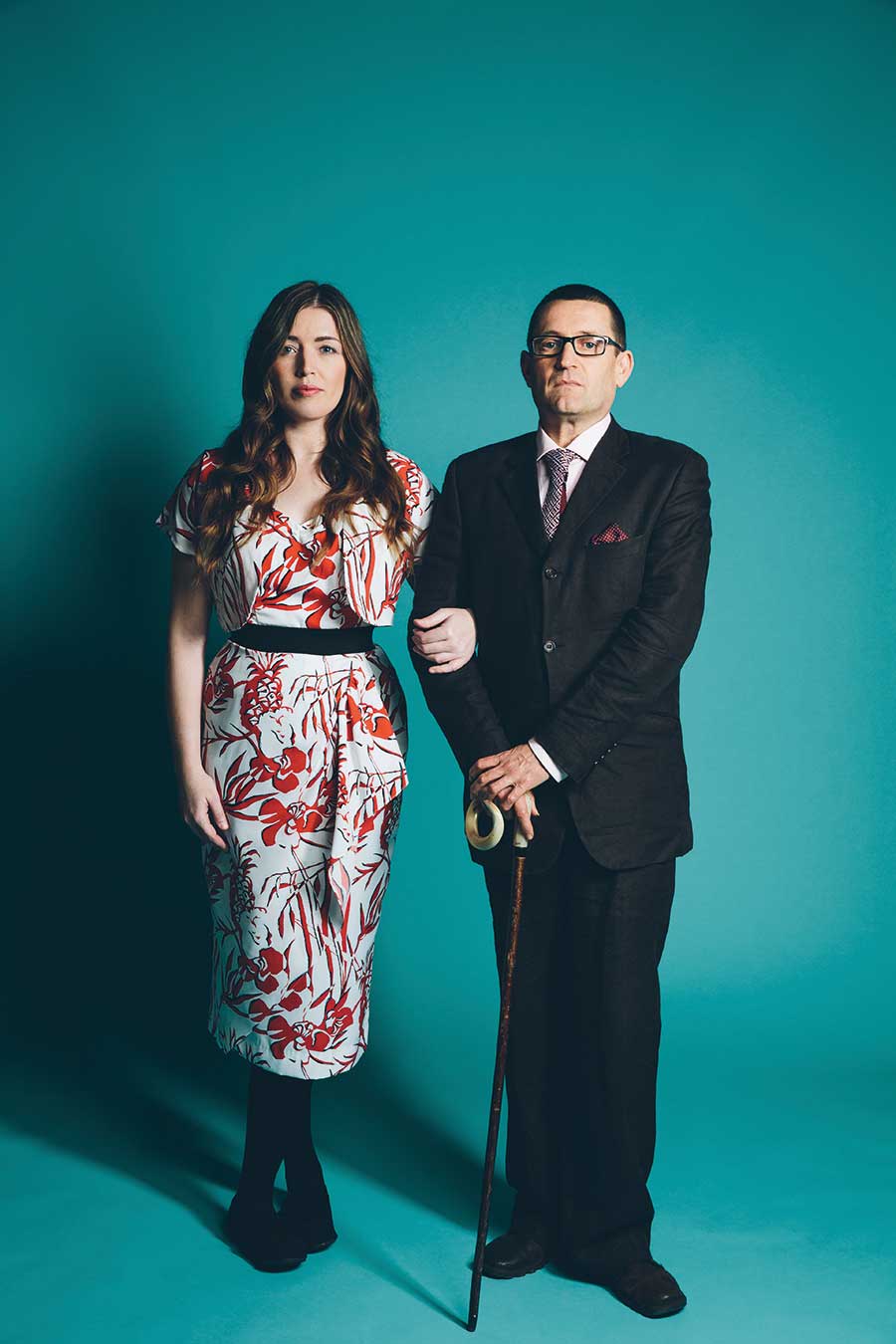
There’s no mention of Portugal, or indeed Germany or Holland on N.K-Pop. Like the Paul and Jacqui albums before it, as well as Heaton’s four solo records and his crateful of Housemartins and Beautiful South long-players, this one feels as British as a battered sausage.
There’s laugh-out-loud moments and sometimes rage in the 12 songs here, with some oblique references to shamed ex-Prime Minister Boris Johnson (“a clown on the box for which I did not vote”) and to some of the more splenetic tabloids and self-serving politicos (“Burn the Express and the Mail/ The key to real democracy/ Throw the Eton mob in jail”).
“I do think those newspapers are on their way out,” the self-declared socialist tells us, referring to the unblushingly political Sunny Side Up.
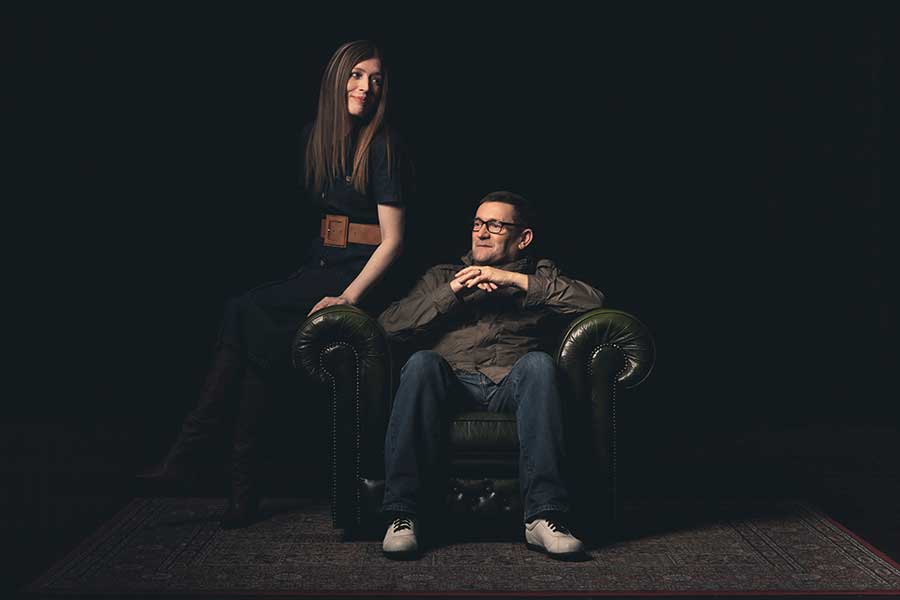
“But they realise that and so they’re going for a rowdier and more populist view to pull more people in. What they’re doing, though, is pulling less people in, but making them angrier.
“I know several people who’ve been radicalised by the right-wing press, against immigrants, against anybody on the left, against woke. It’s sad to see, because you can’t argue with them. That’s what the song’s about – if you go out looking for trouble, you’ll find it.”
In the 2018 Channel Four documentary Paul Heaton: From Hull To Heatongrad, its then fiftysomething subject confesses to fears that he’s run out of things to write about.
How does he feel now? In a world of Brexit and Boris, the Capitol riots, Extinction Rebellion, #MeToo and Black Lives Matter, does he think there’s enough cultural and political noise to galvanise his creativity?
“I probably write more about love and loss than I do about politics,” Heaton says. “I think the political songs stick out more now because I haven’t really changed my politics.
“People think, ‘Oh, he must have softened up, he’s writing these really nice soft songs about this and that,’ and then suddenly there’s this horrible one about the Government.”
It’s true that while there’s always been a political edge to his writing, you’d be wildly off-base to define Heaton’s work by it.
- Read more: Paul Heaton 2017 interview
There’s generally more of Alan Bennett than Mick Lynch in his oeuvre, which are more often poignant or whimsical vignettes about specific moments in ordinary people’s lives.
“I’m really inspired by everyday people,” he says. “I know it sounds corny, but I’m just naturally inquisitive about people. I like stopping and talking, especially to older people, because they often won’t know who I am. I find it interesting sharing stories.
“That’s what’s nice about going away, you can talk to anybody and ask them what they’ve been up to. There are some weird, amazing stories out there.”
The public’s first experience of N.K-Pop is the joyously catchy Too Much For One (Not Enough For Two). But what’s the process behind picking that lead track, when the entire album is filled with potential opening singles?
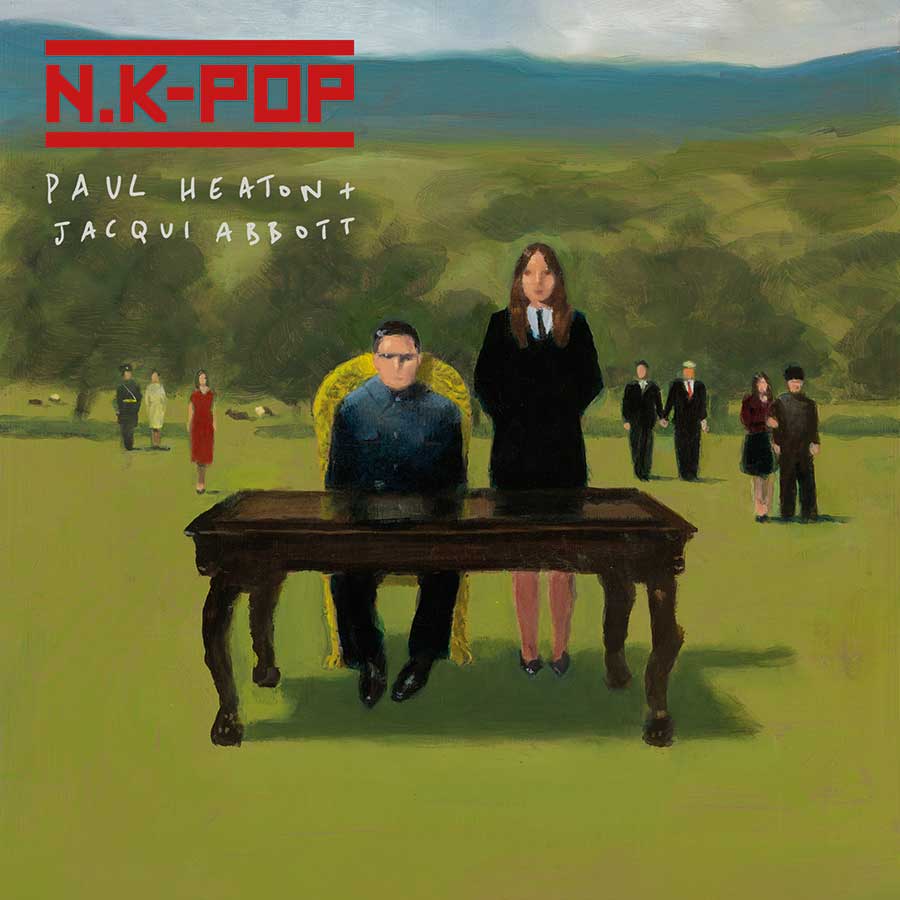
“Well, we gave the label the LP and said we think this, this and this could be a single,” he explains. “I preferred I Drove Her Away With My Tears because it’s quite immediate and it’s always sounded good in my head. But also When The World Would Actually Listen. It’s a kind of handicap race.”
It must be similar to how you whittle down the album’s tracklisting…
“We started off with about 21, 22 songs for this album,” Heaton tells us, “but some of them didn’t sound right or they’ve been ignored because somebody in the band doesn’t like them, and then they drop away and you’re left with your favourites.”
- Read more: Pop Art – David Storey
What happens to those tracks that ‘drop away’? Are they usually binned forever or do they sometimes find a life on a future album?
“They don’t usually,” he adds, “but I think there were a few from Manchester Calling on this one. I listened to them and thought, ‘We can’t just let that go, we ought to put that somewhere while it’s relatively current,’ so on the 16-track version of N.K-Pop, which I think may be the double vinyl, there’s a few old ones.
“Sometimes we don’t even record them but we start rehearsing them for the next album and realise, actually I can remember why I didn’t particularly like them. It might be an awkward key change into the chorus.
“Sometimes I write the whole thing in my head and it sounds great, but when you get everybody playing it, it sort of deteriorates. But, you know, it can’t work every time.”
One of the spotlight tracks on N.K-Pop is Still. A blisteringly pained exploration of how the death of a child affects those left behind (“Still feel your heartbeat/ The tiniest drum/ Still feel your fingers/ Tight round my thumb”), it’s one of Heaton’s most devastating songs. Was that one based on a story that was told to him?
“I’m 60 so a fair few people close to me have lost kids in different circumstances,” he explains. “I wanted to address the male side of it, and how angry you can get and how people can fall out.
“I didn’t want to make it particularly about any stage in the birth or after – or even an infant, I just wanted to write about loss.”
- Read more: Paul Heaton 2019 interview
Another loss that Heaton addresses on the album is that of his mum, who died during its writing. But My Mother’s Womb is no strings-drenched weepfest, instead it’s a raucous stomper that’s paradoxically one of the most buoyant tracks on the record.
“I know it sounds funny to say but I didn’t have any problems with her passing,” he says, matter-of-factly. “She’d reached the age of 90 and she was still happily belligerent and argumentative and causing the nurses no end of bother in the hospital, which was fairly amusing.
“So I wrote it as a memoriam, to make sure I remembered what she was about in a positive way. It wasn’t so much therapeutic but more: bang, this is what she was about.
“We’re not a family of grievers, we’ve always taken people’s passing positively. I think about my mum and dad a few times a day and it cracks a smile on my face.”
For many people hitting the big six-o, like Heaton did in May this year, thoughts of mortality are omnipresent. But Paul clearly isn’t the sort to give into that kind of age-related gloom.
The colours in his music are as vibrant and multi-hued as they were three decades ago and, despite confessing that sometimes he “bends down for something, but then can’t get up”, he seems genuinely unfazed by his newly sexagenarian status.
“That 60th birthday thing was a chance to celebrate and tell people I’m 60 ’cause I’m sort of proud!” he laughs. “Forty was a bit more murky because I was drinking a lot. Fifty was brilliant because I did the cycle tour all the way around Britain and Ireland.”
So, what’s the plan for 2032? Paul will be blowing out 70 candles then, but you feel that even that day will be celebrated with the giddy enthusiasm of someone turning 21. “Oh, I can’t tell you yet,” he teases, “but I’ve got a really good idea!”
- Want more from Classic Pop magazine? Get a free digital issue when you sign up to our newsletter!

Steve O'Brien
Steve O’Brien is a writer who specialises in music, film and TV. He has written for magazines and websites such as SFX, The Guardian, Radio Times, Esquire, The New Statesman, Digital Spy, Empire, Yours Retro, The New Statesman and MusicRadar. He’s written books about Doctor Who and Buffy The Vampire Slayer and has even featured on a BBC4 documentary about Bergerac. Apart from his work on Classic Pop, he also edits CP’s sister magazine, Vintage Rock Presents.www.steveobrienwriter.com

